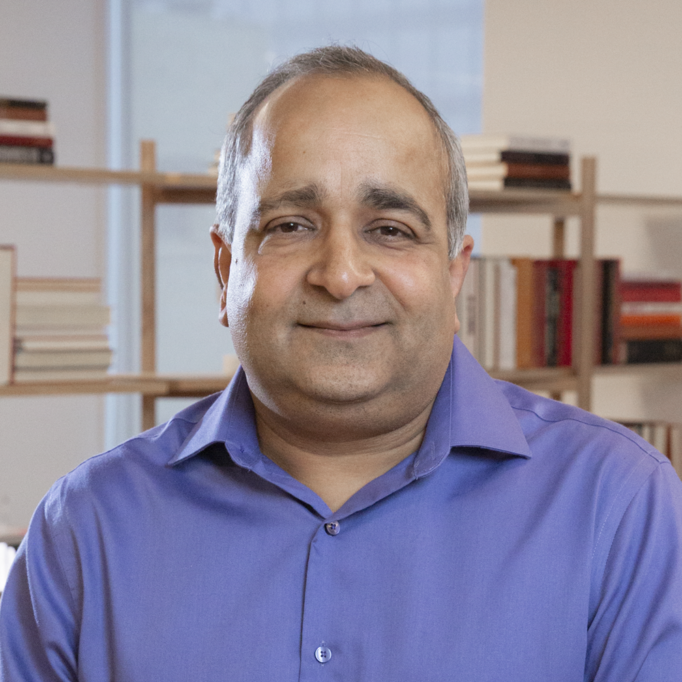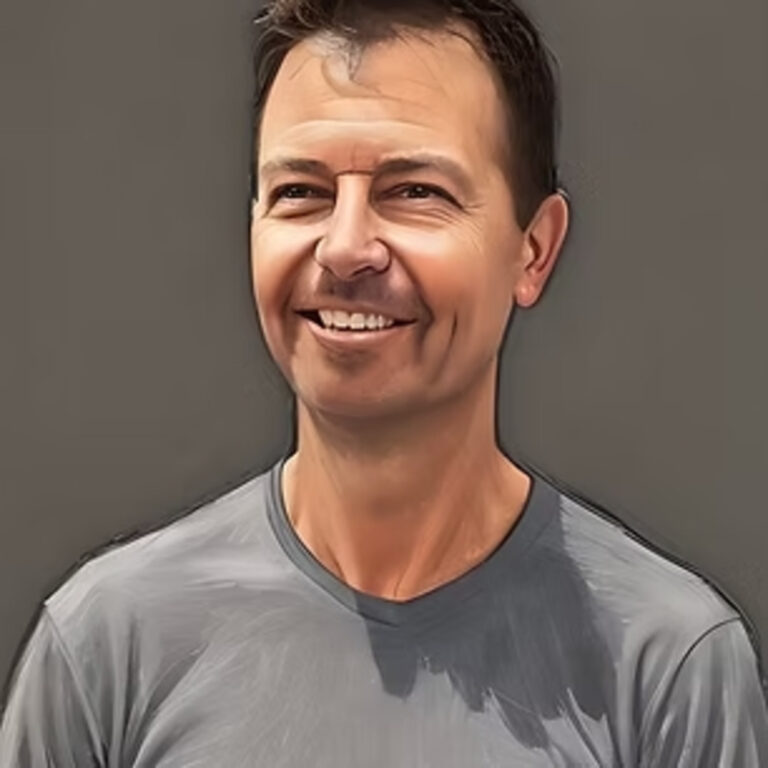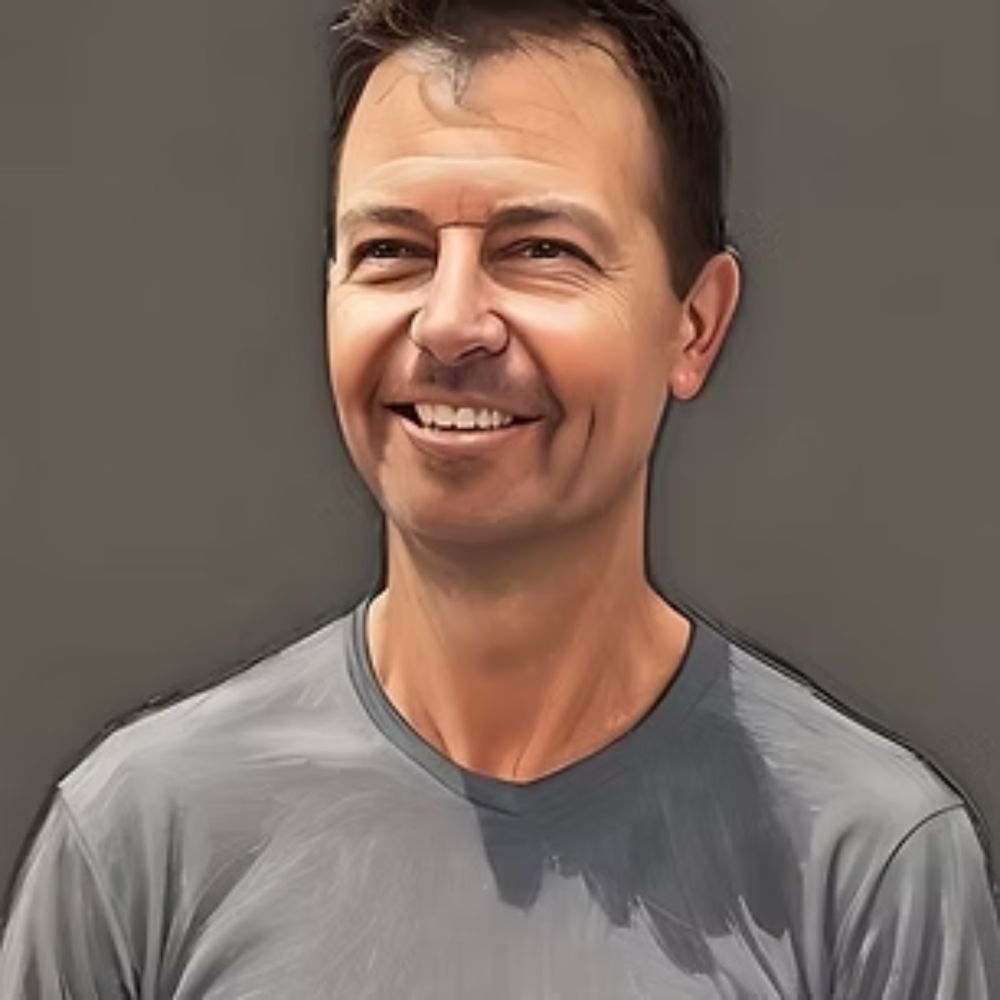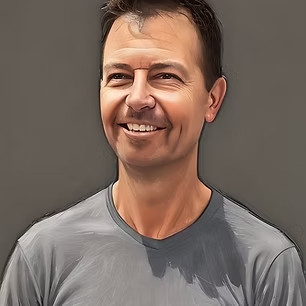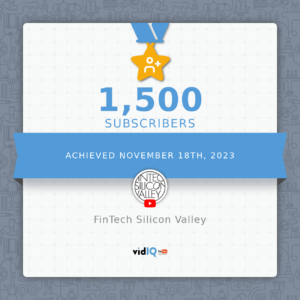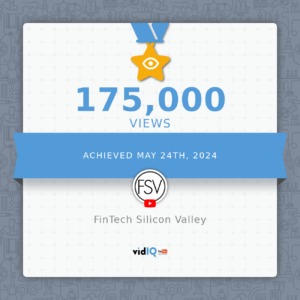
Varo Deep has more than 20 years of Silicon Valley experience creating consumer-focused products, developing platform experiences that use artificial intelligence and big data, and building world-class engineering teams. His experience includes companies like IBM, Yahoo!, Trulia/Zillow, and over 5 years of startup experience. He is leading Varo’s Technology teams to build Technology Bank from the ground-up to scale to millions of customers. He holds a Masters’ degree and an MBA from UC Berkeley.
Deep has more than 20 years of Silicon Valley experience creating consumer-focused products, developing platform experiences that use artificial intelligence and big data, and building world-class engineering teams. His experience includes companies like IBM, Yahoo!, Trulia/Zillow, and over 5 years of startup experience. He is leading Varo’s Technology teams to build Technology Bank from the ground-up to scale to millions of customers. He holds a Masters’ degree and an MBA from UC Berkeley. Twitter is @varmadeep (Varo’s is @VaroBank).
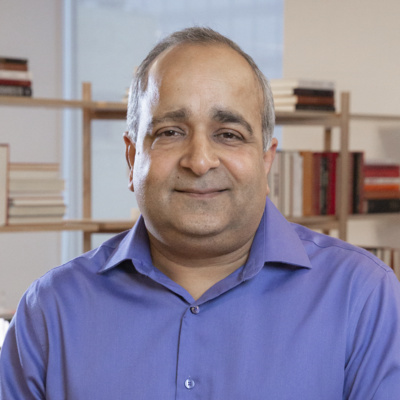
Transcription
Pemo: Welcome Deep and so great to have you on the show. I know I’ve had a few Varo team members at our events before the crisis. I’m really interested to hear what’s going on at Varo because you guys do some incredible stuff as far as being a challenger bank.
Deep Varma: Thank you Pemo. Thanks for having me and you’re right. There is a lot of interesting and challenging work here at Varo and I think it goes back to the mission. This mission that we really wanted to build a Bank for All of Us. This is where the technology comes into play — where technology can serve all the customers at the same time with their needs. So our focus continues to be on how do we remain innovative? How do we keep agility and speed in our product delivery to make sure that we listen to our customers and understand their needs and keep delivering those product features in the marketplace?
Pemo: Fantastic. I know when I first started — all the fintech meetups and because I’ve been following bitcoin and blockchain since 2008 when I was in Ireland — I was just stunned when I moved to Silicon Valley in 2010, particularly when I started the fintech meetups. It just seemed to be very slow as far as the uptake for fintech.
So good to see companies like Varo and other challenger banks coming onto the scene. I did ask someone why has it been so slow here and the only response I got in those days — a few years ago — was that the incumbents were so strong and so big that there was a sort of suppression. I’m thinking that now after the crisis surely people are wanting more of the sort of services that Varo delivers. Am I correct?
Deep Varma: You are 100% right. This is the reality. This is a consumer driven economy and consumers are demanding more. Consumers are seeing all the technology innovations happening around them. I go to Google and I start typing something and Google knows what my intent is, for example. So I think we have reached the point where other industries, like banking, should do the same. There was no technology innovation happening here for decades right? And suddenly we are seeing an explosion.
Mobile devices have also changed that mindset because now — guess what — I don’t need to physically drive my car go to a branch. I can carry this bank with me 24-7 in my device.
It’s fabulous.
Consumers had a taste of this and now they’re saying “give me more.” This is where I think you see the massive investments coming into this sector because there is a realization that we had not been investing in upgrading the architecture to meet this demand and we need to change that.
Pemo: What have you found? Since the crisis happened last year have you noticed there are certain areas that are really pumping now?
Deep Varma: Someone asked me how does it feels to be a digital bank and I said what do you mean by that? We are born digital. It’s like telling my son that we used to have mainframe. He has no idea what the mainframe is because he uses a laptop. At Varo, we have validation that we are on the right path of being all digital and the pandemic just solidified that. At a time when people are losing their jobs, we were able to get money coming from stimulus deposited to their accounts at a faster pace. So it was a pure validation and satisfaction to see the system working and that we built it right.
Pemo: Yes
Deep Varma:The second piece we have seen is how people give money to family members or friends. I’m a part of a Varo network and I have my son part of the Varo network — he’s in some other place and I can easily transfer money to him. So we watched an increase in the consumption of our services and, on top of it, a validation that the path we had chosen from Day One was the right path.
The one thing people don’t always realize is that the path we decided to take was and is tough. To build a digital bank with an eye to achieving a national charter is incredibly challenging. I spoke with a customer a few weeks back who said, “I want to make sure that I trust my bank.” What that trust means is the security that my money is safe with you and you can make that money available to me at any time.
Pemo: Yeah, right.
Deep Varma: This charter enables us to build all the great tools and services securely while serving our customers and giving them access at the right time whenever they want.
Pemo: You guys are the first and only challenger bank to get that charter in the US, correct?
Deep Varma: That’s right.
Pemo: Obviously, that’s an incredible plus because it immediately builds a lot more trust into your services. But what would you say is the biggest resource that people access through your services? Because things have changed with the crisis — was there more uptake on a certain service that you noticed?
Deep Varma: Not so much the pandemic, but we’re seeing the impact on the banking system from the effects of a changing economy. With the new gig economy, for example, we are moving away from the days of knowing your paycheck comes on the fifteenth of the month. Now the Uber driver gets the money whenever they wrap up their first shift. So we started seeing a change in the flow of money in and out.
Pemo: Right.
Deep Varma: The pace has also increased. It is no longer that the money comes in on a specific date and then I consume it. Now we see a near-constant flow in and out, so a general uptick in activity overall. Traditional banks’ infrastructure doesn’t support that as well.
Pemo: Oh okay.
Deep Varma: Money coming in and going out with the gig economy was definitely what we saw as a major factor. We also saw an uptick from referrals. Our CEO Colin Walsh wanted to build a Bank for All of Us. We’ve seen as people become more aware of Varo, they are signing up and immediately use services like Save Your Change, Save Your Pay, or Varo Believe, which is how we help you build your credit.
Pemo: Oh that’s great I hadn’t heard about that. Wow.
Deep Varma: Also, Varo Advance, which helps a customer who needs $20 at one moment of time – perhaps someone who wants to put gas in their car or get something to eat. We give you that $20 for free. We don’t charge you any fees for that.
Pemo: Wow! Amazing
Deep Varma: This is the mission that is in our DNA — every employee is just embedded with this purpose. We believe our number one job is to help create financial inclusion and promote financial resiliency for all of our customers.
Pemo: That’s so good and something that the incumbent banks really missed out on. Do you guys have a plan to go global or is Varo always going to be a US bank?
Deep Varma: I think it is tough to say when we will go global, but I can tell you, for now, we prefer to increase our footprint in the US first. We haven’t yet fully served the American population, and that is our focus. There are millions of Americans who still need to better access to financial services. Our focus remains on serving our existing customers and bringing in new customers in the US.
Pemo: It’s a much wiser attitude to actually build your cred in the US, the biggest market in the world. If you win there, going global will be much easier. How is it going as far as the challenger banks? What’s your overview of other challenger banks?
Deep Varma: We saw a small spike in challenger banks filing their own applications for the charter and then backing out. Clearly, it is tough to build a bank, work with the regulators, etc. The opportunity is big, however. We are definitely seeing a spike in financial services companies — some are coming on a very deep vertical, some are coming in at more of a horizontal phase. But it is not easy to get to the path where you get to build that bank.
Pemo: What’s your perspective of the future and the challenges associated with the COVID crisis?
Deep Varma: Definitely, there’s been a lot of suffering and challenges. But there have also been great opportunities for innovation. What is your perspective now moving forward as the world has changed globally? Everything’s changed and I don’t think it will ever go back to the way it was. Which in some ways might be good. Everyone that I’ve been speaking to has got a different perspective of what what the future looks like and the possibilities. What’s your perspective coming from a challenger bank with a charter?
The pandemic has changed a lot. It has clearly shown the vulnerabilities within the system and society. But it has also proven the resiliency of what humanity brings to the system too. Money is still needed to survive and I think the future is going to be more about how real-time payment systems come into the picture. As more people don’t want to use physical bills we are going to see more that payment options are embedded into our digital device, and more machine learning where consumers demand immediate responses.
We will see more inclusiveness and more integrated customer experience. We are going to see the shifts happening in banking, transforming from a transactional relationship to an emotional relationship. The future is more about a customer-based focus than it has been in the past.
Pemo: That’s sort of exciting for us because like you said we all use banks. We all use money and we’re always doing transactions. That’s exciting because the incumbents really didn’t deliver that customer service experience.
Deep Varma: That is so true.
Pemo: Fabulous having you on today. It’s so good to catch up with Varo and all your innovation. Wish you the best and hopefully, we’ll get you on again down the line. Thank you.
Deep Varma: Thank you Pemo! Thanks for spending time with me.
